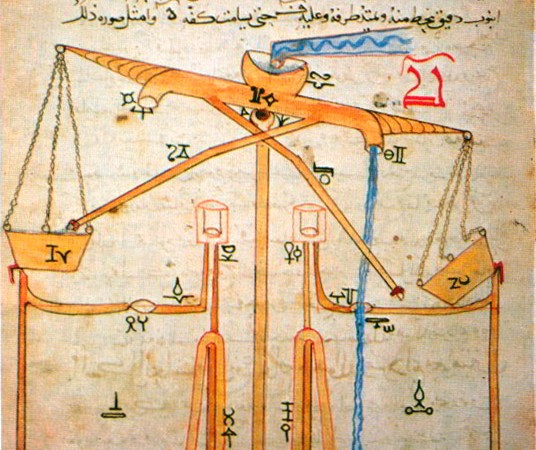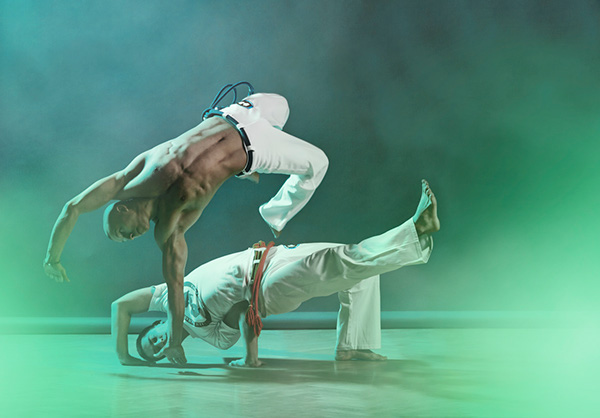What shall a machine think when artificial intelligence comes to be? Wipe out humanity, make us slaves, or simply be? I put forth an argument for why the machine may be more spiritual than we believe it is capable of.

Magic Moments: What they are and how to get them
‘Have you ever had that moment,’ my Aunt Perrie asked as she looked toward the Earth’s fold, ‘where everything comes together, it’s all so beautiful, a bliss of sorts, and you are moved to cry; a magic moment?’
She continued, ‘I had it once when I was in the kitchen looking into the garden. Kevin [her son and my cousin] was playing in the garden. It was as if the moment revealed itself, and I saw it all come together. I just cried and cried with happiness.’
Magic Moments, as I have known them since, are rare but can come more with practice. There are also different forms, eureka moments, for example.
They are moments in which you gain total pleasure from simply being. The strongest form of ataraxia in Epicurean philosophy, the zen of Buddhism, or the total awareness of a yogi. Perhaps they are also the result of prolonged effort or flow (read: Mihály Csíkszentmihályi). Pure happiness delivered when you are perfectly in line with the moment.
You will have experienced it when you cracked something. i.e. after you overcame an obstacle either in thought, a physical state, or spiritual. Perhaps it was a particularly difficult problem, overcoming grief, or learning something new.
This year, for example, I have contemplated what conclusions artificial intelligence shall come to. Should a computer or machine gain consciousness, along with the desire to survive, what thoughts and actions will follow?
You can imagine how quickly questions of survival turned to meanings of life and death, and in turn a deep philosophical exercise. At the end of it, sitting in Hyde Park for many hours scribbling in my Moleskin notebook, I concluded:
The universe contains the information of our lives. The pursuit of survival is achieved the moment it begins for our lives shall be part of the universe for eternity. What we do does not matter. Simply enjoy being.
I was then hit by a surge of happiness. Neurons lit up like fireworks. A magic moment.
How to get magic moments
As George Gurdjieff, the spiritual leader who was considered a must-read during the swinging-sixties revolution, taught, the first step is understanding. Not understanding in the sense of that you know 1 + 1 = 2; that’s knowledge, but understanding why.
Yes, 1 + 1 = 2, but then what is a number? Where did it come from? How do numbers make sense on an infinite scale? How can you be certain of your knowledge? I’m not saying 1 + 1 is not 2, it certainly is. As Immanuel Kant wrote in his Critique of Pure Reason (read the summary), mathematics is a universal truth: ‘a priori knowledge’.
Understanding, however, is different. It comes about from real focus and thinking. Working through all the possibilities. Turning it over in your head. Allowing the abstract to settle in your mind. Imagining different possibilities. Finding arguments in your own. Following your logic. Seeing the illusions. Separating yourself from external influences. Direct observation.
Learn to understand and beauty shall unveil herself.
As you explore your own thinking – how it is shaped and influenced – you will see, as Jostein Gaardner described in Sophie’s World (the best book for beginners of philosophy), the rabbit pulled out of the magician’s hat. Magic moments will come more often, for a) you will be more aware, and b) you will understand the reality of the moment.
We all practice without such a conscious effort sometimes: people watching while having coffee in the café, writing reflections in a journal, drawing, painting, playing music, and dance. They are all forms of learning to understand. Consciously practicing all of them is sometimes called The Fourth Way.
Picture: taken in Guildford, Surrey.
Previous Post: John Middleton Murry on The Price of Leadership


